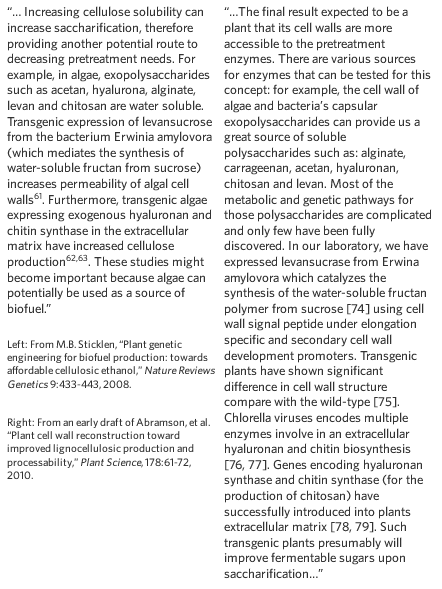 |
Image by Steve Jurvetson via Wikimedia |
 |
**__Related stories:__***linkurl:You've been plagiarized;http://www.the-scientist.com/blog/display/55491/
[5th March 2009]*linkurl:UK psychiatrist suspended for plagiarism;http://www.the-scientist.com/blog/display/54763/
[23rd June 2008]*linkurl:Plagiarists beware;http://www.the-scientist.com/blog/display/54546/
[11th April 2008]




















